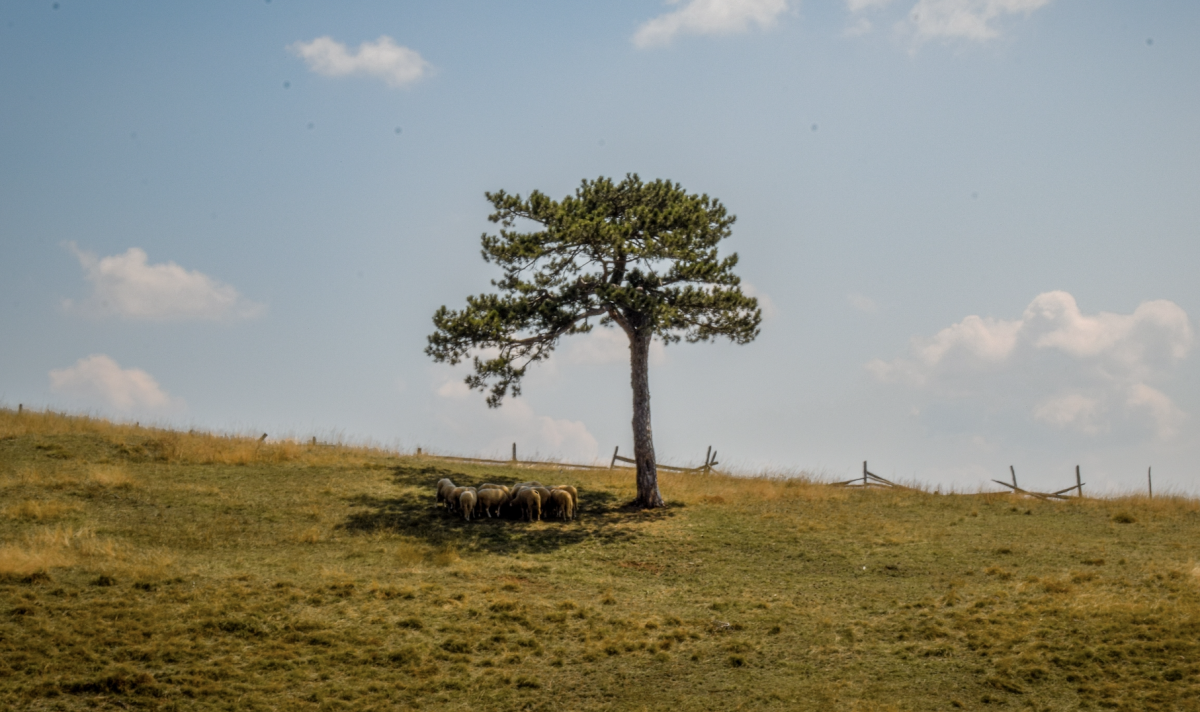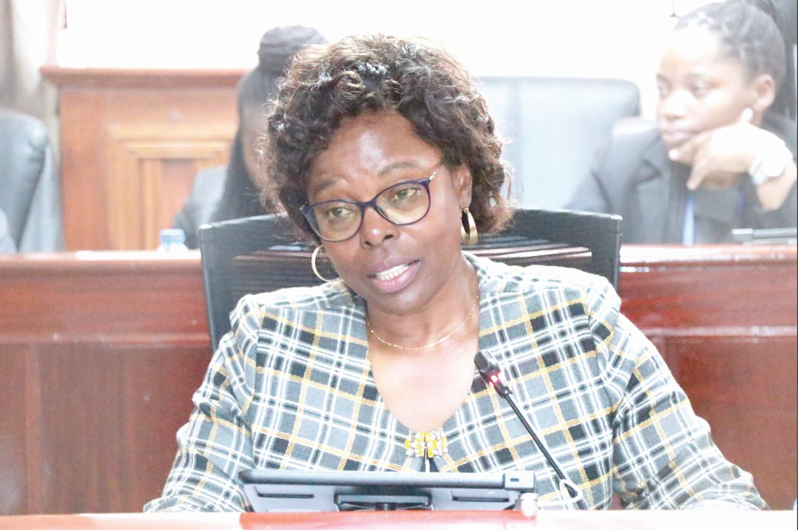Africa Climate Summit 2023: ILRI develops Rift Valley Fever risk map

The International Livestock Research Institute (ILRI) has been researching and conducting trainings on ways to control diseases that affect livestock due to climate change.
One such disease is the Rift Valley Fever, which is viral in nature, and is of both humans and livestock. Some of its symptoms may include; fever, muscle pains, and headaches which often last for up to a week.
Bernard Bett, the One Health Centre in Africa (OHRECA) Team Lead who works with ILRI as an epidemiologist says that the research institute has developed a risk map on Rift Valley Fever disease based on rainfall patterns in the country.
“We have been able to develop risks map and forecast tools based on climate data sets,” Bett said.
Apart from being one of the breeding grounds for the animal diseases, Bett says climate change also affects the rate at which the animals respond to treatment besides amplifying social-economic burden.
Rift Valley Fever prevalence
As a guideline, ILRI can now tell areas with low and high Rift Valley Fever prevalence in a bid to control the livestock disease.
“We have classified the country into three main zones; areas where these livestock diseases are highly prevalent, areas where the diseases occur in seasonal patterns and other places like highlands where the diseases may not be frequent,” Bett explained.
Bett says that they have also trained local pastoralists in 5 counties to enable them seek services effectively.
Kenya which has experienced six failed seasons, meaning about 3 million livestock have been lost during the seasons, according to experts, will host the inaugural Africa Climate Summit in September.
Around 13,000 delegates from 136 countries among them 13 African heads of state and representatives of international organizations, civil society, youth and private sector are expected at the high-level conference that will be held in Nairobi between September 4 and September 8, 2023.








